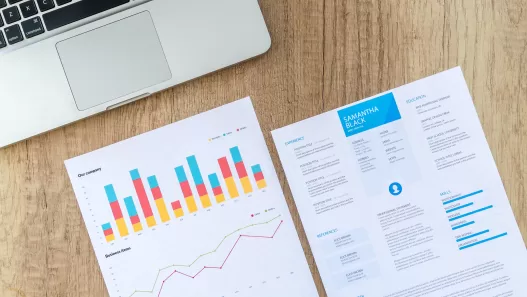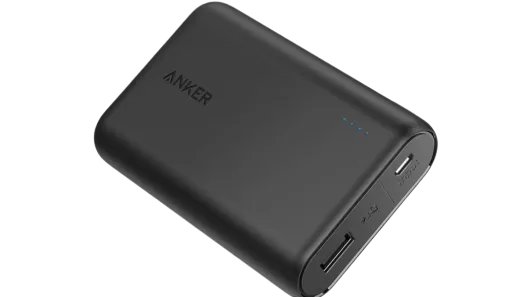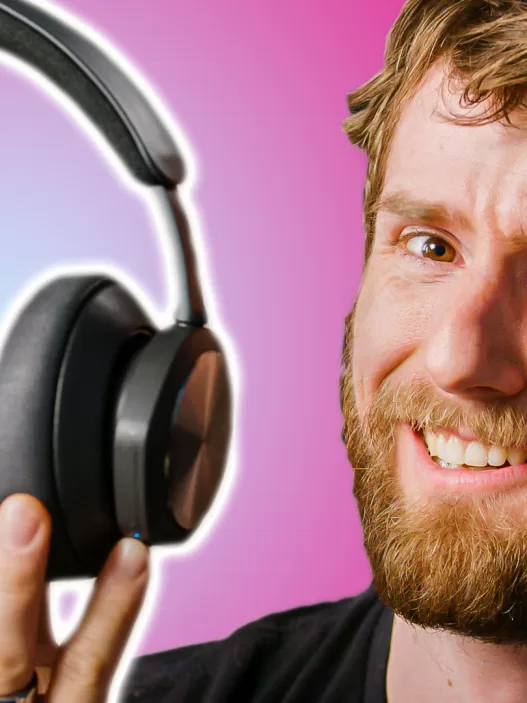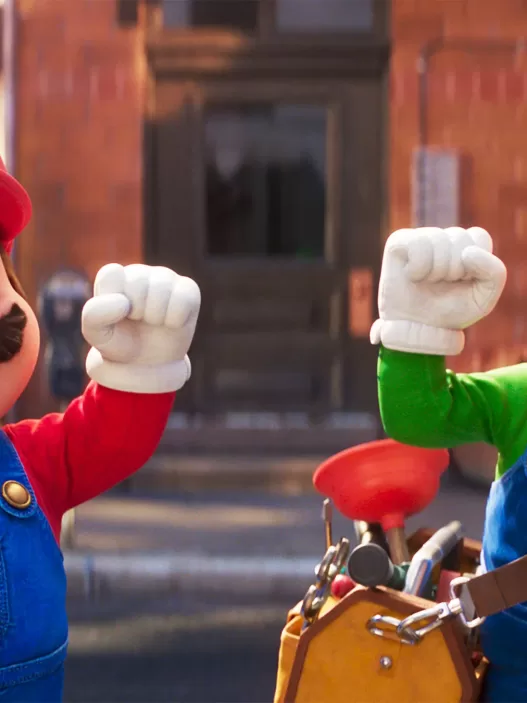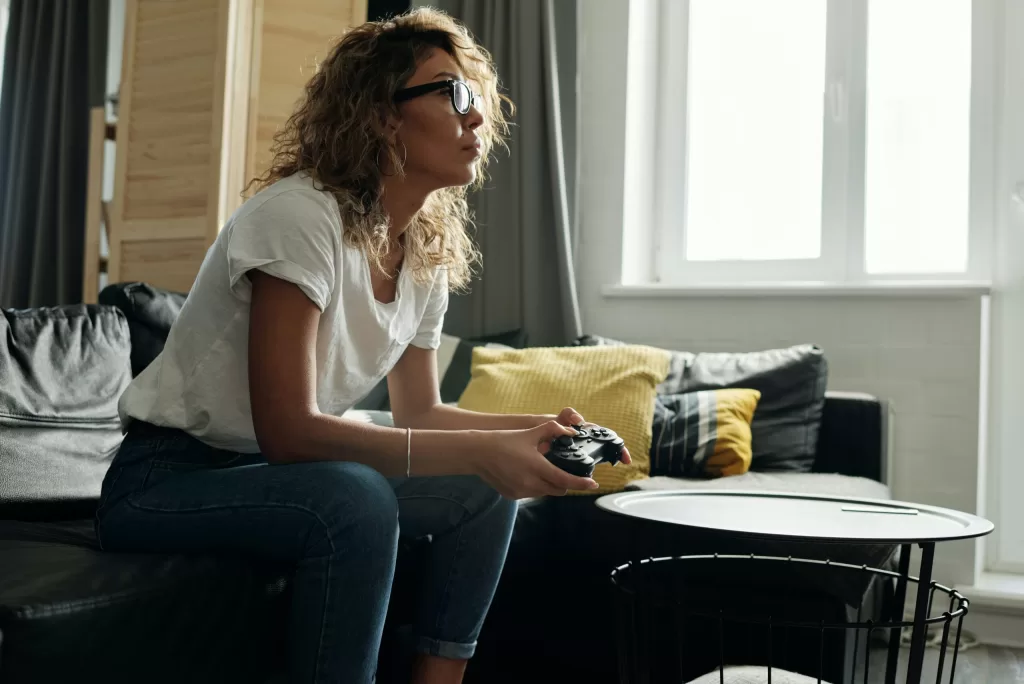
Once dismissed as mere distractions, video games have evolved into powerful tools for enhancing productivity. Gone are the days when gaming was considered a waste of time—today, a growing body of research suggests that playing video games can boost cognitive function, reduce stress, enhance motivation, and even improve workplace collaboration.
Let’s dive into how video games can supercharge your productivity, backed by real-life examples and science-based insights.
1. Boosting Cognitive Abilities
Video games aren’t just about entertainment; they’re a mental workout. Many games require strategic thinking, problem-solving, and rapid decision-making—skills that can easily transfer to the workplace or daily life.
The Science:
- A study from the University of Rochester found that action gamers make decisions 25% faster without sacrificing accuracy, sharpening their ability to react quickly in high-pressure situations.
- Research published in Nature showed that video games improve multitasking abilities, allowing players to juggle multiple tasks efficiently.
Examples of Brain-Boosting Games:
- “StarCraft II” – Requires strategic planning, resource management, and quick decision-making under pressure.
- “Portal 2” – A puzzle-solving game that sharpens critical thinking and lateral problem-solving skills.
Productivity Takeaway:
Regular gaming can train your brain to process information more efficiently, helping you stay sharp and adaptable in fast-paced work environments.
2. Reducing Stress and Enhancing Focus
Let’s face it—stress is a major productivity killer. Whether you’re dealing with tight deadlines or workplace pressures, taking breaks to play games can provide a much-needed mental reset.
The Science:
- Video games can trigger the release of dopamine, a neurotransmitter that enhances mood and motivation, making it easier to return to work feeling refreshed.
- Studies suggest that immersive games like simulation titles can lower cortisol levels (the stress hormone) and improve overall mental well-being.
Examples of Relaxing Games:
- “Stardew Valley” – A calming farming simulator that encourages relaxation and mindfulness.
- “Animal Crossing” – A lighthearted social simulation game that promotes stress relief through creativity and community building.
Productivity Takeaway:
Taking short gaming breaks can help you decompress, recharge, and return to work with renewed focus and energy.
3. Enhancing Motivation and Goal Setting
Ever noticed how video games have a way of keeping you hooked? That’s because they leverage goal-setting psychology—offering small, incremental challenges that provide immediate feedback and rewards.
The Science:
- According to behavioral psychology, games tap into the reward system in our brain, reinforcing positive behaviors and encouraging perseverance.
- Gamification in productivity apps has shown that applying game mechanics to real-life tasks can improve motivation and consistency.
Example of Productivity-Boosting Gamification:
- Habitica – A to-do list and habit-tracking app that turns your daily tasks into an RPG (role-playing game), offering rewards and challenges to stay on track.
Productivity Takeaway:
Apply gaming techniques to your work by setting clear goals, tracking progress, and rewarding achievements—making even mundane tasks feel more engaging.
4. Encouraging Creativity and Innovation
Many video games encourage players to think outside the box, promoting creativity and innovation. Whether it’s designing complex structures or coming up with unique solutions to in-game problems, video games can sharpen your creative thinking.
The Science:
- Studies have shown that sandbox games, where players have creative freedom, can boost problem-solving skills and encourage exploration of new ideas.
- A study in Creativity Research Journal found that participants who played creative video games performed better in subsequent brainstorming tasks.
Examples of Creativity-Boosting Games:
- “Minecraft” – A sandbox game that fosters innovation by allowing players to build intricate structures and solve challenges creatively.
- “The Sims” – Encourages creative thinking in planning, designing, and managing virtual lives.
Productivity Takeaway:
Playing games that foster creativity can help you approach work challenges with a fresh perspective and think outside conventional boundaries.
5. Strengthening Social and Teamwork Skills
Success in many modern workplaces hinges on collaboration, and multiplayer video games can teach valuable lessons about teamwork, communication, and leadership. Online cooperative games require players to work together, strategize, and problem-solve collectively.
The Science:
- Studies have found that multiplayer games help develop collaborative problem-solving skills, which can translate to improved teamwork at work.
- Games like “World of Warcraft” have been used in leadership training to teach communication, delegation, and strategic planning.
Examples of Teamwork-Oriented Games:
- “Fortnite” – Requires real-time communication and strategic planning to achieve team objectives.
- “Among Us” – Encourages deductive reasoning, communication, and teamwork under pressure.
Productivity Takeaway:
Playing multiplayer games can enhance your team collaboration skills, improve communication, and teach conflict resolution, all of which are critical in professional settings.
How to Incorporate Gaming into Your Productivity Routine
While video games can boost productivity, moderation is key. Here’s how to use gaming to your advantage without it becoming a distraction:
1. Schedule Gaming Breaks
- Use games as a reward for completing tasks. For example, take a 20-minute gaming break after finishing a major work project.
2. Choose the Right Games
- Opt for games that challenge your brain, encourage creativity, or promote relaxation. Avoid those that may lead to binge-playing.
3. Apply Gamification to Work
- Use productivity tools that gamify tasks, such as Habitica or Forest (which helps you stay focused by growing a virtual tree while you work).
4. Engage in Social Gaming
- Play cooperative games with colleagues or friends to enhance teamwork and communication skills.
Final Thoughts: Games as a Productivity Power-Up
The stereotype of video games as mere distractions is being replaced by a growing understanding of their cognitive and psychological benefits. Whether it’s sharpening your decision-making skills, reducing stress, or encouraging creativity, video games can be a powerful tool to enhance productivity and personal growth.
So next time someone questions your gaming habit, you can confidently say you’re leveling up your life.
Additional Resources to Explore:
- The Benefits of Playing Video Games – Healthline
- How Video Games Can Help with Anxiety and Depression – Verywell Mind
- How Video Games Can Make You a Better Decision Maker – Harvard Business Review
- The Surprising Benefits of Video Games – TEDx Talks
What’s your favorite game that helps boost your productivity? Let us know in the comments!

